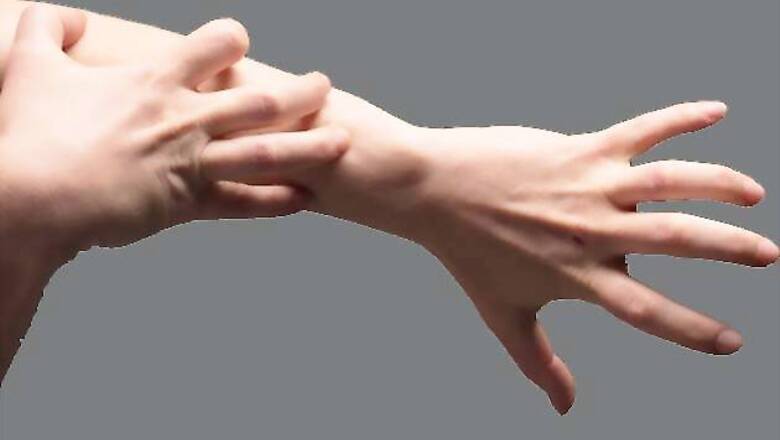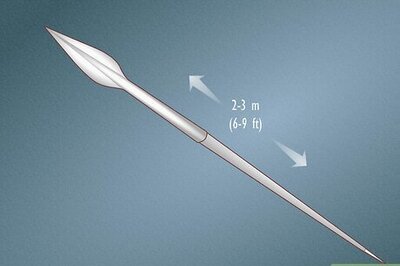
views
New York: Scientists have discovered nerve cells that deal solely with itching sensations in humans, a breakthrough which can lead to effective treatments for pain relief. The new findings are also important because they provide a target for new gen-next anti-itch medications.
According to a new study, certain nerve cells are specialised to detect itchy sensations, and those receptors don't detect painful sensations. The study helps resolve a long-standing debate over whether itchiness is just a weird form of pain, 'LiveScience' reported.
Researchers have pinpointed the responsible nerve fibers, which could be silenced to develop better anti-itch treatments, said Ethan Lerner, a neuroscientist at Harvard University. "This is a very convincing piece of work," Lerner said.
"Scientists can perhaps target this particular type of nerve as a means of treating itch, but still allow you to experience the protective aspect of pain," he said. For decades, why people itch has been a mystery. While some pain nerves have been found to fire in response to itchy stimulants, nerves that responded solely to itch proved elusive.
Some researchers even wondered whether itch and pain were always processed by the same nerve fibers, but interpreted by the brain differently, said study co-author Xinzhong Dong, a neuroscientist at Johns Hopkins University.
However, the urge to scratch seemed different in key ways from the experience of pain. For instance, when a mosquito bites, most people feel a powerful desire to scratch the bite, while the pain of touching a hot stove causes people to recoil, Dong said.
To identify cells that sense itch, researchers genetically engineered mice whose nerve cells glowed fluorescent green when firing. They then exposed the mice to irritating compounds, such as histamine and the active ingredient in itching powder, and looked for nerves that fired (and glowed green) as a result.
When researchers burned out the nerves that lit up, the mice scratched a lot less, suggesting they were less itchy. The newly discovered itch nerves sit inside the spine, near the spinal cord, and only innervate locations within the skin. That explains why people feel the urge to scratch their skin, but don't feel itchy in internal organs, Dong said. "You can't have an itchy pancreas," he said.















Comments
0 comment